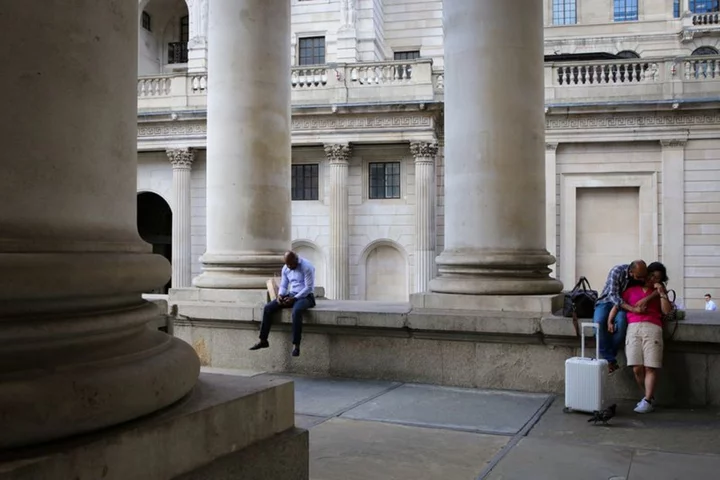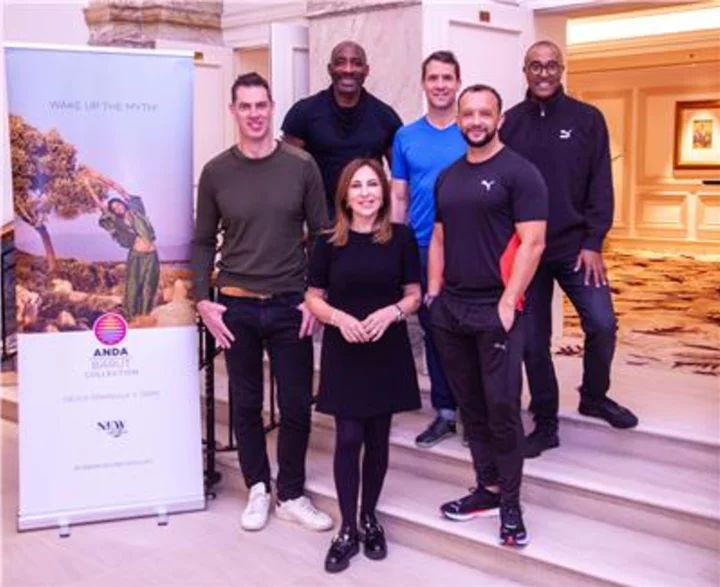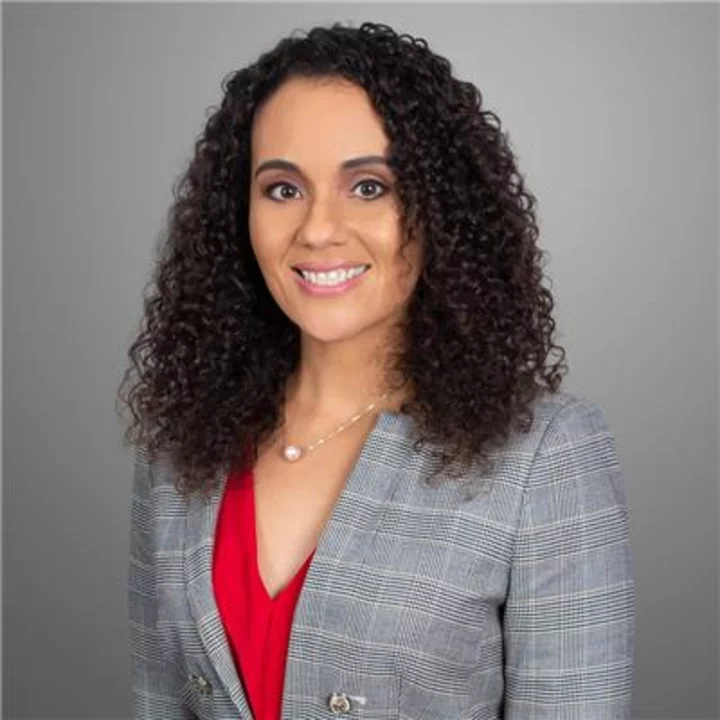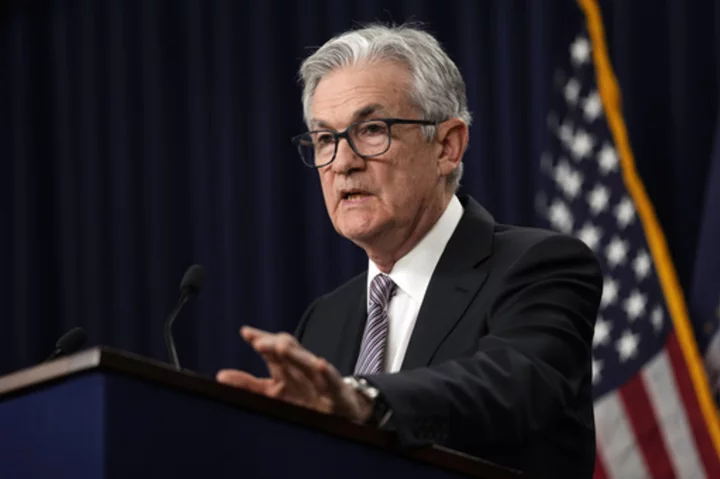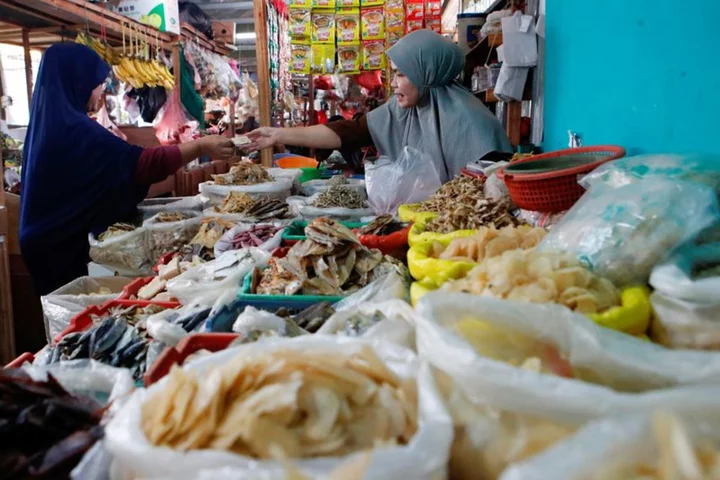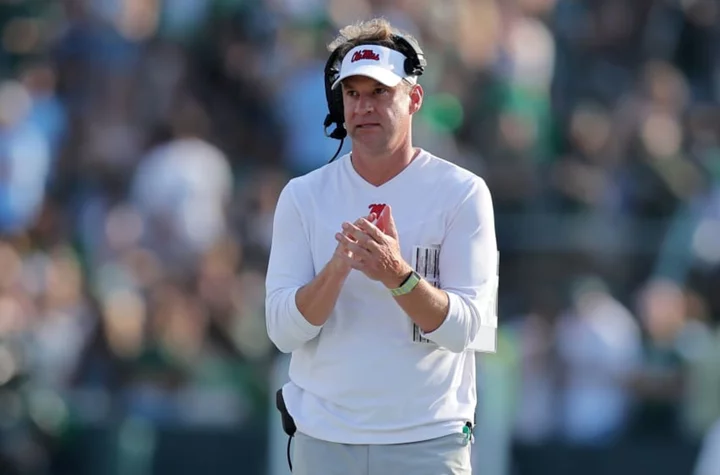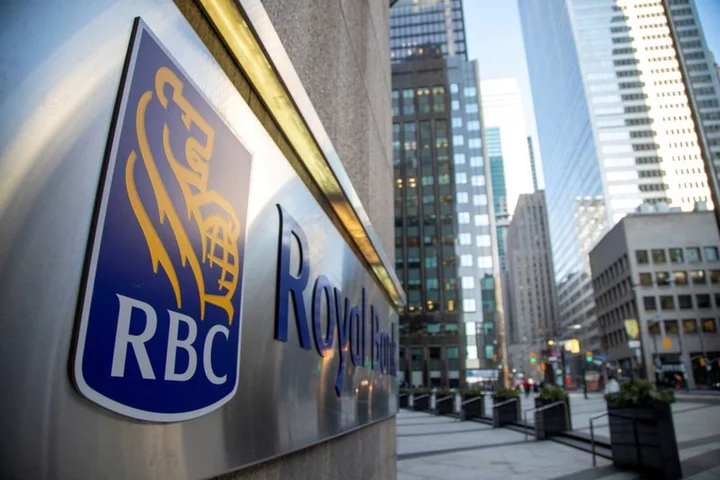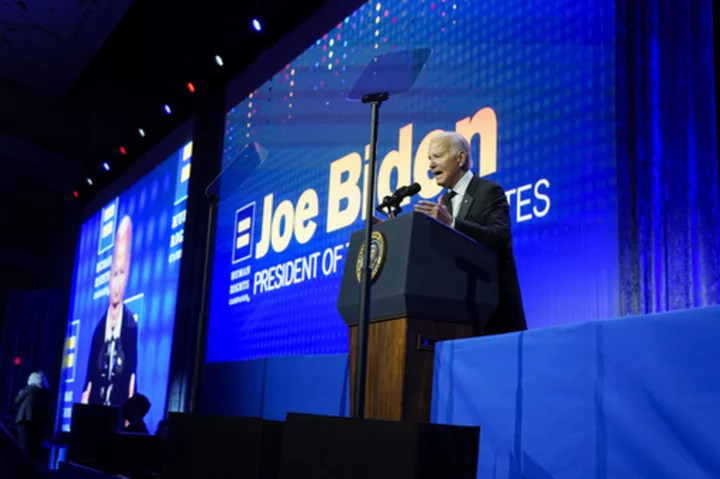LONDON The Bank of England is expected to raise interest rates for the 14th consecutive meeting next week as it continues to battle the highest inflation rate among the Group of Seven big, rich nations.
Financial markets think it is a near-certainty that the BoE will announce a rate increase of at least a quarter-percentage point on Aug. 3, taking Bank Rate to 5.25% from 5% now, and around a 40% chance of a half-point rise to 5.50%.
Following is a summary of recent comments by members of the Monetary Policy Committee, most of whom voted to raise rates by a half-point ahead of the last policy decision on June 22.
ANDREW BAILEY, GOVERNOR
July 12: He said Britain's economy was so far proving resilient to higher interest rates, but that it would take time for the full impact of the increase in borrowing costs to feed through.
"I think there are some interesting pieces of evidence (in labour market data)... it's a continuation in some cases - if you look at the vacancy to unemployment ratio, for instance - of some signs of the labour market cooling."
July 10: Bailey said it was crucial for the BoE to see the job through on bringing down British inflation.
"It is crucial that we see the job through, meet our mandate to return inflation to its 2% target and provide the environment of price stability in which the UK economy can thrive."
BEN BROADBENT, DEPUTY GOVERNOR
May 11: "A lot of... global prices are declining."
"And we expect for that reason predominantly - so independently of the rate of unemployment - (that) that will bring down wage growth."
DAVE RAMSDEN, DEPUTY GOVERNOR
July 19: He said consumer price inflation figures for May, running at a higher-than-expected 8.7% still showed risks of longer-term stickiness. "The indicators we look at for persistence are still a bit... above where they were in the May (forecast)," Ramsden said.
JON CUNLIFFE, DEPUTY GOVERNOR
Has not commented on monetary policy in recent months.
HUW PILL, CHIEF ECONOMIST
May 15: He said the BoE needs to guard against second-round inflationary effects which could see inflation bottom out at 4% or 5%, instead of returning to the 2% target.
"The risk is... that self-sustaining, second-round-effect momentum within the UK economy keeps inflation running at above-target levels," Pill said.
CATHERINE MANN, EXTERNAL MPC MEMBER
June 12: She said central banks like the BoE could find it hard to communicate the end of their rate-tightening cycle. "Fine-tuning is something that monetary policy is not very good at if the ultimate objective is to focus on inflation."
"I called it the policy boogie... you hike, you cut, you hold and you're just kind of giving signals that are hard to determine and hard for the market to understand why you're doing it."
JONATHAN HASKEL, EXTERNAL MPC MEMBER
June 12: He said the BoE is "closely monitoring" indicators of inflation momentum and persistence.
"My own view is that it is important we continue to lean against the risks of inflation momentum, and therefore that further increases in interest rates cannot be ruled out."
SWATI DHINGRA, EXTERNAL MPC MEMBER
Dhingra voted in June to keep interest rates on hold along with now-departed MPC member Silvana Tenreyro.
June 27: "There are some promising signals that CPI inflation should ease, and that's mostly coming from... one of the best leading indicators... of the long-run evolution of prices in this country, producer price inflation."
MEGAN GREENE, EXTERNAL MPC MEMBER
Greene joined the BoE's Monetary Policy Committee on July 5 and did not vote in the June 22 meeting.
"It would be a mistake for central bankers to take comfort in the notion that inflation and (interest) rates will automatically go back to the low levels we saw before the pandemic. This is their challenge for the future," Greene wrote in a Financial Times column before commencing her role on the MPC.
She said in June that the BoE may have a tough job returning consumer price inflation to its 2% target.
(This story has been corrected to make clear that Swathi Dhingra voted to hold interest rates in June)
(Compiled by Suban Abdulla; editing by Jonathan Oatis)

